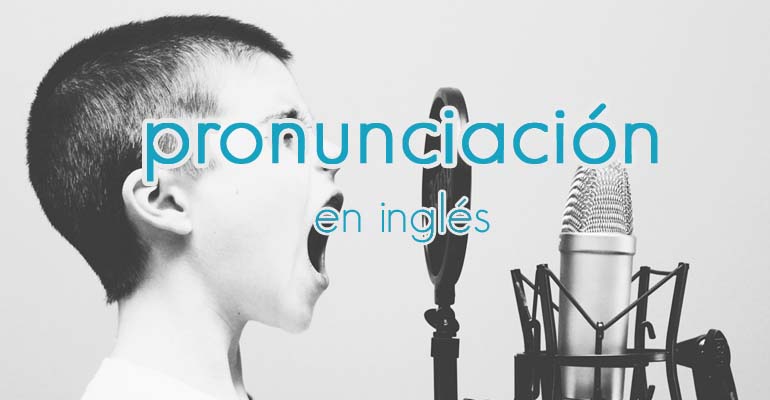Como ya vimos en las Vocales Largas y Cortas, cada vocal produce dos sonidos: un sonido largo y un sonido corto.
Ojo: algunas vocales producen más que estos dos sonidos, pero eso lo veremos en futuras lecciones.
En la lección de hoy, nos enfocaremos en la A Corta en inglés. Veamos el video.
¿POR QUÉ ES TAN DIFÍCIL?
¿Por qué? Simplemente, porque no existe en español. La a española es más abierta, más baja y, por lo tanto, menos gutural* que la a corta inglesa.
*gutural – sonido que se produce en el fondo de la garganta.
EJEMPLOS CON A CORTA
| angle (ángulo) | fact (hecho) | practice (practicar) |
| ant (hormiga) | grab (agarrar) | ran (corrí) |
| bad (malo) | hat (gorro/sombrero) | sand (arena/lijar) |
| candle (vela) | land (tierra, terreno/aterrizar) | tank (tanque) |
| can’t/cannot (no poder) | nap (siesta/tomar una siesta) | vampire (vampiro) |
A CORTA – ¿ æ O ă?
¿Cuál es la transcripción correcta de la A corta en inglés? Ambas. Depende única y exclusivamente del sistema que estés usando.
La IPA usa la transcripción /æ/ para representar el sonido de la A corta y varios sistemas de transcripción fonética en Norte America usan /ă/ para representar el mismo sonido. Este último no suele verse fuera de los EEUU.
Nos vemos en la próxima lección: A larga








4 Responses
You are so cool as teacher ! Thank you for help me learn English , now I can see How much I am getting better finally .
Please don’t stop .
Thank you
Love
Thank you for you kind words, Yolimar!
🙂
In your table of “EJEMPLOS CON A CORTA,” you might want to remove the words “angle” and “tank.” Those 2 words have “Long A” sounds rather than “Short A” sounds.
Yo, mi esposa y mi hija somos de Texas; somos bilingües en inglés y español, y enseñamos clases de inglés a nivel universitario en Costa Rica. Disfrutamos mucho de sus videos y los asignamos como tarea a nuestros estudiantes.
Hi! We were beyond thrilled to learn that our content has been helpful to your students. And, it’s great to hear from fellow Texans 🙂
As for the short A in ANGLE and TANK, it is a very common misconception to think they are long As. When an A (that would otherwise be a short A) is followed by a nasal consonant (m, n or ŋ), our tongues tend to raise or tense. This is called “/æ/ raising” or “/æ/ tensing” and results in a higher or more glided vowel, i.e, a short A sounds more like a long A. It is definitely more noticeable in some accents or dialects, but it’s still transcribed as a short A as a general rule.
We really do appreciate your commenting on this topic. The way dialects affect standard pronunciation is fascinating, and we will definitely be sharing more information in future posts.
Saludos!